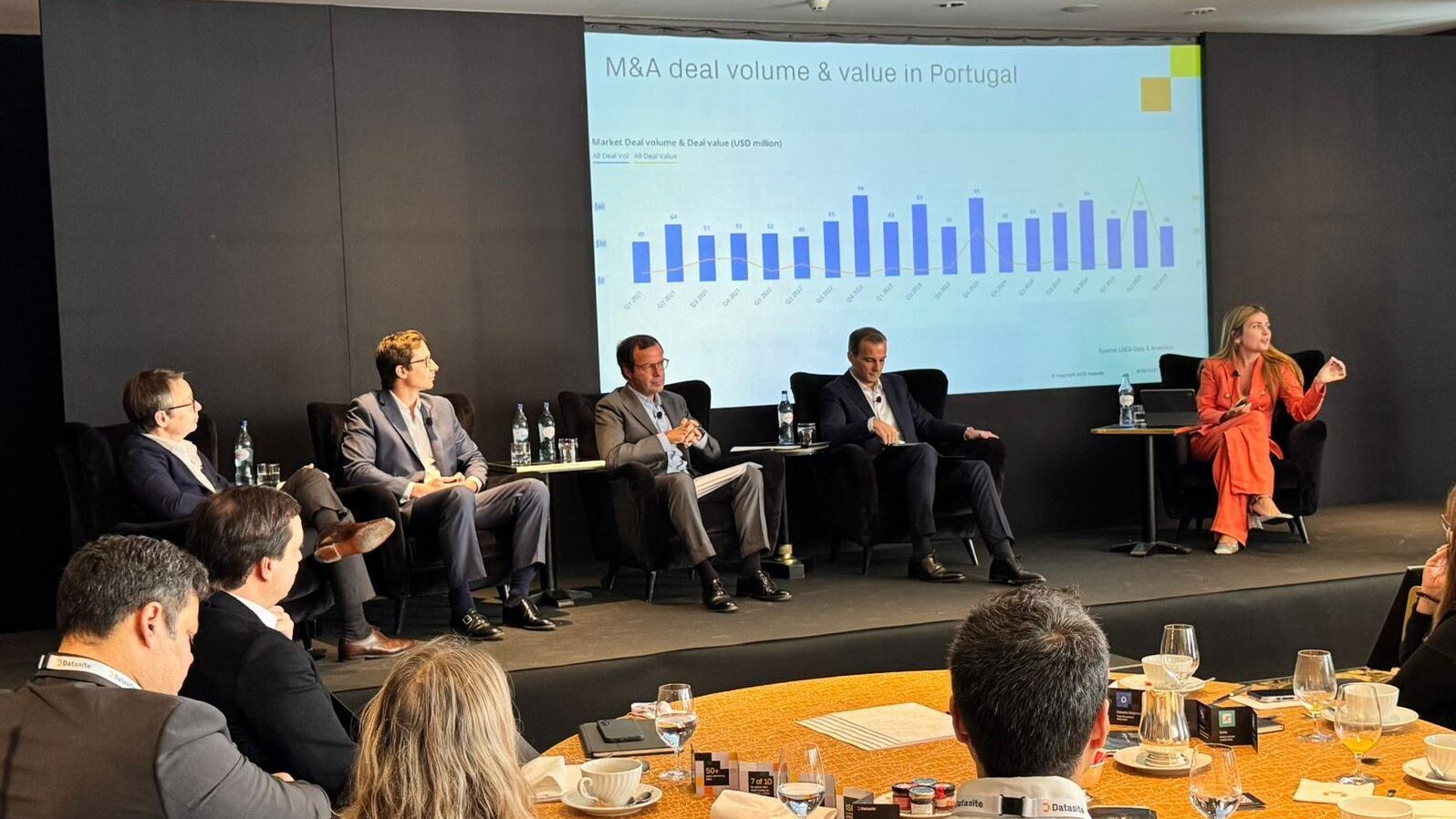The Iberian blackout was the worst in Europe in the last 20 years. Experts struggle to obtain data
The first report on the blackout delves into the events, but does not draw conclusions or make recommendations. That will be left to the final document, to be released in 2026.
The panel of experts from the European Network of Transmission System Operators for Electricity (ENTSO-E) presented its preliminary report on the Iberian blackout on Friday, describing it as “the most severe blackout incident in the European energy system in the last 20 years”.
Three messages emerge from this communication: it was an unprecedented situation, in that a blackout had never before occurred due to high voltage; it was difficult to gather the necessary data, and the group’s objective is to prevent similar events in the future; and the Spanish authorities are responsible for determining who was at fault.
It was “a typical spring day” that gave no hint of the problems that would be experienced in the Iberian Peninsula’s electricity grid. However, at 10:30 a.m., the first voltage fluctuations were recorded in Spain, while Portugal remained “more or less stable”. Later, “the overvoltage triggered a cascade of generation losses that caused the frequency in the Spanish and Portuguese energy systems to decline”, the report reads. In less than two minutes, the failure spread across Spain and Portugal, only being halted at the border with France.
In this regard, the group of experts says it will focus from now on on studying ways to control voltage across the entire system. Voltage “is the level of energy” and “must be kept within a range”, said Klaus Kaschnitz of the Austrian grid operator at the presentation of the report to the press this morning.
These types of problems, Kaschnitz explained, are usually very localised — in this case, they started in southern Spain. The solution is also more local, “you can’t increase the voltage over long distances”. “Voltage control can be done, it’s not a very complicated technology. It’s simple, but it has to be required”, he concluded.
Even so, praise was given: “The system operators in Spain and Portugal managed to recover very quickly that day. The last event of this magnitude took almost three days [to resolve]”, said one of the spokesmen, Klaus Kaschnitz.
At the same time, the spokespeople did voice some complaints regarding obtaining the data needed to reconstruct the events and draw conclusions. “There were significant difficulties in obtaining high-quality data”, said Kaschnitz, particularly with regard to sharing by producers. Some information is still missing.
Blame lies with the authorities
The final report is due to be delivered in the first quarter of next year. This final document will contain an analysis of the event, the causes behind it and some recommendations.
Neither the preliminary report nor the forthcoming report are expected to “assign blame”: the aim is “to provide an objective description of what happened, not to assign blame of any kind. We are not a judicial body”, said Damian Cortinas, chairman of the ENTSO-E board. He therefore leaves the determination of blame to the Spanish authorities, “when appropriate”. “Our goal is to learn from this event so that it does not happen again”, he concluded.




